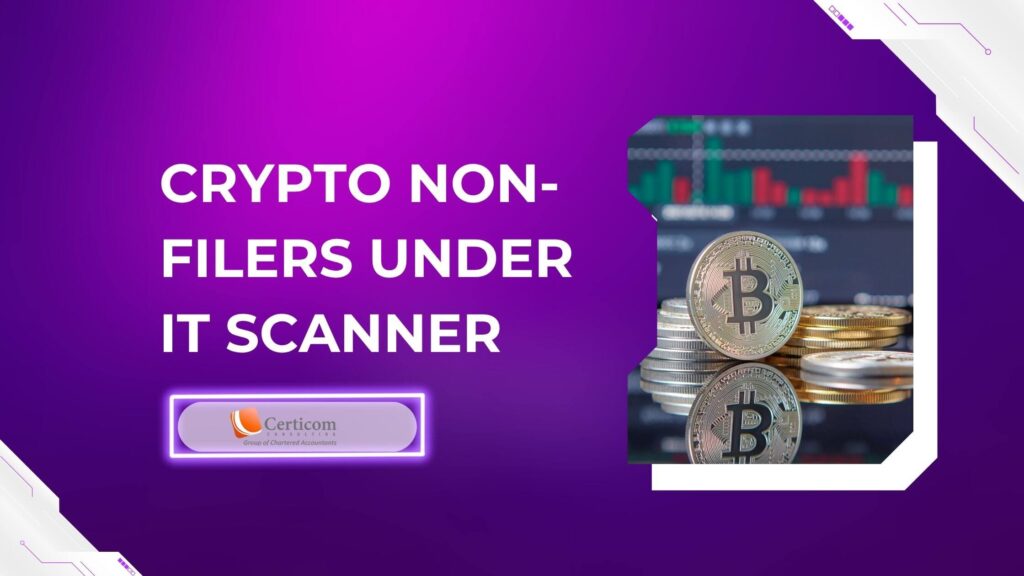10 Easy Ways to Save More Tax This Year

Tax season is upon us again, and maximizing tax savings is on everyone’s mind. Navigating the complexities of income tax filing can be challenging, but there are numerous strategies to help Indian citizens claim deductions and reduce their tax burden. Here are ten straightforward tips to save more on your taxes this year:
Top 10 Tips for Saving Tax
1. Deductions Under Sections 80C, 80CCC, and 80CCD
You can save on taxes by investing in certain financial instruments under these sections. For example:
- Section 80C: Invest up to Rs. 1.5 lakhs in options like ELSS, PPF, 5-year fixed deposits, tuition fees, PF, or NSC.
- Section 80CCC: Contributions to specific pension funds.
- Section 80CCD: Leverage the National Pension Scheme (NPS) for an additional Rs. 50,000 tax-free investment.
- Claim deductions on home loan principal under Section 80C and interest under Section 24.
- Enjoy tax-free interest on savings accounts (up to Rs. 10,000) and up to Rs. 50,000 for senior citizens.
- Maximize Section 80D deductions by purchasing health insurance for yourself and your family, including senior parents.
- Benefit from rent deductions under Section 80GG if you do not receive HRA and from 100% deductions on donations towards scientific research and rural development under Section 80GGA.

2. Medical Expenses
Under Section 80D, you can claim tax deductions on medical insurance premiums:
- Up to Rs. 25,000 for yourself, spouse, and dependent children.
- An additional Rs. 25,000 for parents (up to Rs. 50,000 for senior citizen parents).
- Utilize Section 80DD for disabled dependent care and Section 80DDB for specific disease treatments.
- Section 80U offers deductions for taxpayers with disabilities.
3. Home Loan Interest
Claim tax deductions on the interest payable on home loans under Section 24:
- Up to Rs. 2 lakh can be claimed if the house is self-occupied.
- No upper limit on deductions if the house is rented out.
4. Education Loan Interest
Section 80E allows tax deductions on the interest paid on education loans for higher education for oneself, children, or spouse. There is no maximum limit on the amount of deduction.
5. Shares and Mutual Funds
Under Section 80CCG, individuals earning below Rs. 12 lakhs annually can get additional deductions by investing in specific shares and mutual funds under the Rajiv Gandhi Equity Savings Scheme. This benefit is available only to first-time investors.
6. Long-Term Capital Gains
Save tax by investing long-term capital gains from the sale of assets into specific instruments. Assets held for over three years qualify as long-term capital assets.
7. Donations
Donations to social or charitable causes or the National Relief Fund can yield tax deductions under Section 80G:
- Claim 50% of the donated amount to NGOs.
- Claim up to 10% of the adjusted total income with an 80G certificate.
- Donations to political parties meeting certain conditions under Section 80GGC also qualify.

8. House Rent Allowance (HRA)
Employees can claim HRA under Section 80GG. If the total rent exceeds Rs. 1 lakh in a year, proof like the house owner’s PAN card and lease agreement is required. The lowest of the following can be claimed:
- Actual HRA provided.
- 50% of basic salary + DA in major cities (40% in other cities).
- Actual rent minus 10% of basic salary + DA.
9. Leave Travel Allowance (LTA)
Tax-free LTA can be claimed twice in four years if you travel within India with your spouse, children, and parents during your leave period.
10. Home Loan Principal Repayment
Tax deduction is available on the repayment of the principal amount of a home loan under Section 80C, up to Rs. 1.5 lakh per year.
By effectively planning your income, investments, expenses, and taxes, you can save a significant amount of money. It is crucial to avoid illegal methods of tax saving and stick to legitimate strategies to maximize your tax benefits.
Start early, stay informed, and make the most of these tips to reduce your tax liability this year.
Related Post
Top 10 Tax Filing Rules for FY 2024-25
Crypto Non-Filers Under IT Scanner
Book A One To One Consultation Now For FREE
How can we help? *




